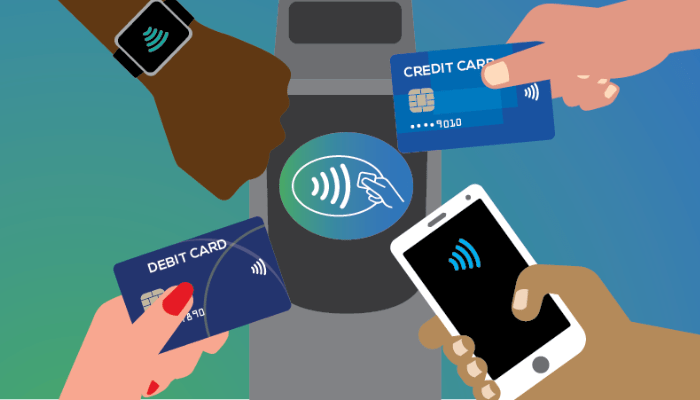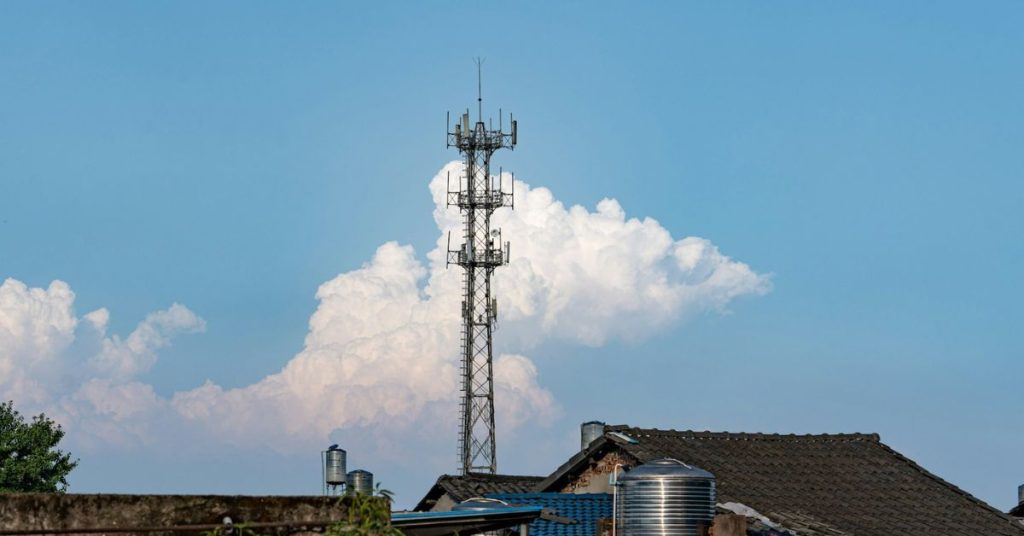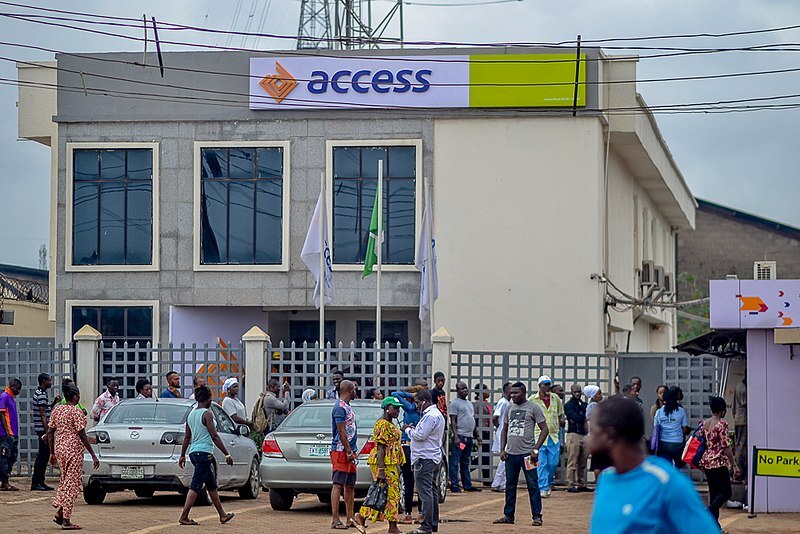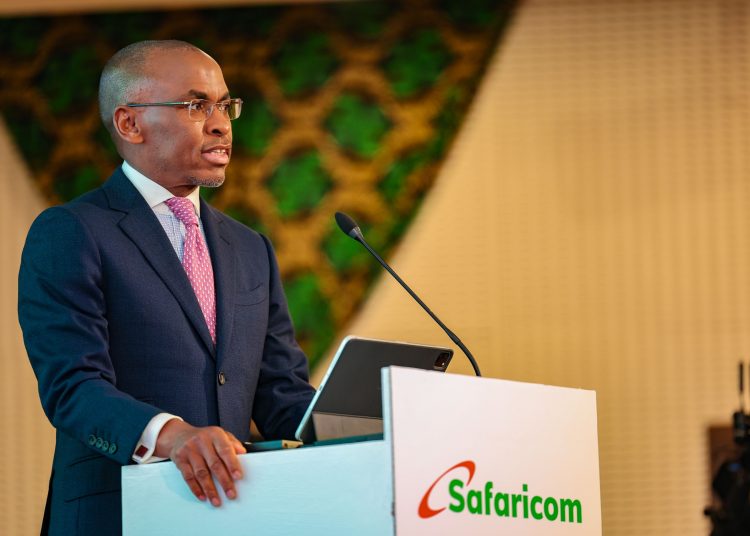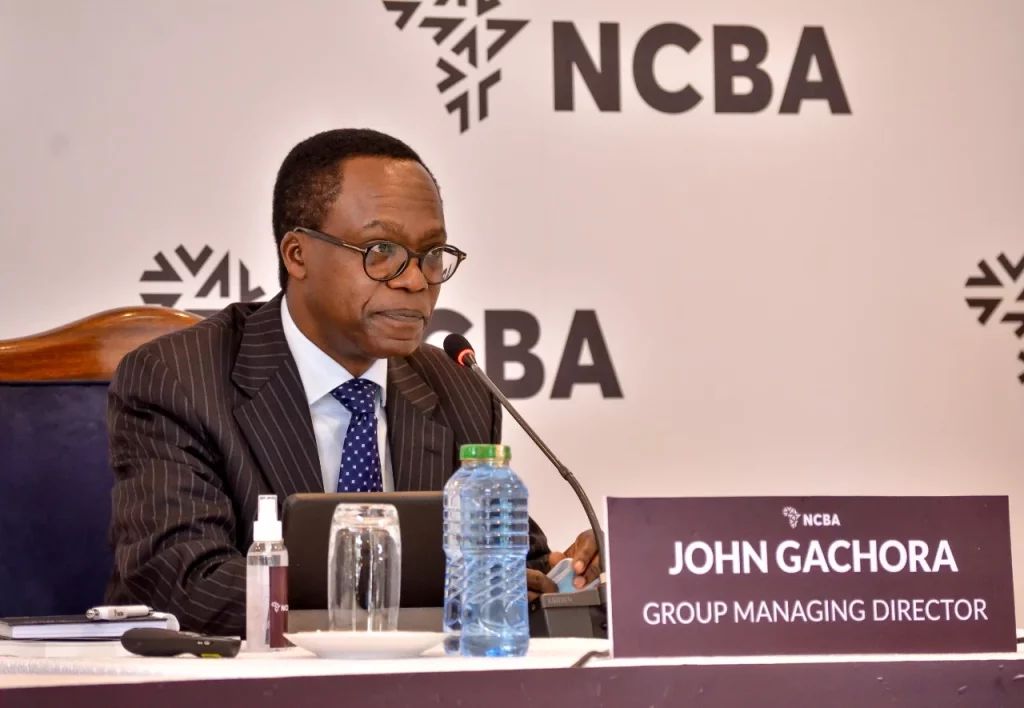By Wilson Adenuga
Contactless payments, often called tap-to-pay, are no longer a luxury; they are the norm in many parts of the world. Whether riding the train in London, grabbing coffee in Tokyo, or buying groceries in Paris, paying is now as simple as tapping a card or smartphone. It’s fast, secure, and convenient.
As a UK resident, I use tap-to-pay multiple times a day. But as a Nigerian who builds payment infrastructure across Africa, I often ask myself: Is Nigeria ready to fully embrace this future of payments?
The short answer? We are getting there. The demand is growing, the infrastructure is slowly taking shape, and FinTech players are laying solid foundations. But to unlock the full promise of contactless payments, we must close a few important gaps and do so intentionally.
The case for tap-to-pay in Nigeria
Nigeria is not new to fintech innovation. It is one of Africa’s most exciting tech hubs. Startups like Flutterwave, Paystack, Opay, Kuda, Moniepoint, Paga, and PalmPay have changed how people send and receive money. The Central Bank of Nigeria (CBN) has also made clear moves toward a cashless economy, from bank-led QR initiatives to transaction limits on physical cash withdrawals.
The impact is undeniable: Nigeria Inter-Bank Settlement System (NIBSS) reported that electronic transactions reached a staggering N1.08 quadrillion in 2024, a 79% year-on-year increase. With monthly transaction values climbing to N115.12 trillion by December 2024 and financial inclusion reaching 74%, Nigeria has built the digital foundation necessary for tap-to-pay adoption.
In the public transport sector, we have already seen solid progress. Touch and Pay (TAP), the company behind the Cowry card, has helped millions of Lagosians pay for BRT buses and train rides with a simple tap. Between 2021 and 2024, usage of closed-loop prepaid transit cards surged by over 290%, a remarkable feat and a signal that the Nigerian consumer is ready when the right systems are in place.
In early 2025, PalmPay, one of Nigeria’s largest fintechs, made a major step toward mainstream contactless payments. In partnership with NFC infrastructure provider CashAfrica, the company began rolling out tap-to-pay functionality on POS terminals, starting with a pilot of 1,000 devices and aiming to scale to over 300,000 terminals nationwide by year’s end.
What is unique here is not just the scale but the technology. CashAfrica’s system processes NFC-based payments from cards, mobile wallets, and wearables. It includes tokenization, advanced encryption, and session expiration mechanisms, ensuring secure and seamless transactions.
More recently, Moniepoint Inc and Palmpay have partnered separately with Afrigopay Financial Services Ltd (AFSL), a subsidiary of NIBSS, to launch 5 million contactless AfriGO cards each, NFC enabled and compatible with smartphones. This represents more than just a rollout of plastic; it is a commitment to bringing seamless payments into both formal and informal sectors.
But what’s still holding us back?
Despite the progress, tap-to-pay has not yet become mainstream in Nigeria. And here is why:
- Limited NFC Infrastructure: Many POS terminals in circulation lack the hardware to support contactless transactions. For meaningful adoption, merchants must upgrade their devices, and fintechs must accelerate NFC penetration across retail.
- Inconsistent Power and Internet Access: Electricity and connectivity gaps, especially in rural and peri-urban areas, can interrupt transactions and erode user trust in the system.
- Merchant and Consumer Readiness: Many merchants remain more comfortable with cash, while some consumers are wary of digital payments due to concerns about fraud or past negative experiences.
- Financial Inclusion: A large portion of Nigerians remain unbanked or underbanked. While mobile wallets have improved access, broader tap-to-pay adoption still hinges on the deeper penetration of formal financial services.
The untapped opportunity
If done right, contactless payments could transform the Nigerian economy:
- Faster, frictionless transactions at markets, bus stops, or supermarkets no queues, no cash, no delays.
- Safer and Smarter Payments: Tap-to-pay uses technology that hides your actual card details during a transaction. Instead, it sends a secure code that’s only used once. This makes it harder for fraudsters to steal your info and keeps both customers and merchants safer.
- Works Even with Poor Connectivity: Unlike some payment systems that need constant internet access, NFC (tap-to-pay) can work offline and sync transactions later. This is ideal for Nigeria, where internet or power isn’t always reliable, especially in rural or less connected areas.
- A New Playground for Developers: Every tap-enabled terminal can become a smart device that developers can build on, from loyalty programs to apps that track sales or help small businesses manage money better.
- Stronger Security Through Modern Tech: Every transaction is protected with advanced encryption and hardware security, making it far more secure than swiping cards or handling cash.
What needs to happen next
To make tap-to-pay a national reality in Nigeria, we need coordinated action from multiple stakeholders:
- Fintech companies must accelerate the distribution of NFC-enabled devices, especially in high-traffic retail and transit zones.
- Telecom providers must invest in stable broadband and mobile connectivity to support real-time transactions.
- Regulators, especially the CBN, must strike a balance between consumer protection and innovation by encouraging adoption through supportive policies and standards.
- Public education campaigns are vital to build trust, address concerns, and guide users on how contactless systems work.
Pilot programs in cities like Lagos, Abuja, and Port Harcourt can serve as testbeds for wider rollout, providing valuable data on adoption patterns and user behavior.
Final thoughts
Tap-to-pay is not just about importing what works in London or New York; it is about solving Nigeria’s unique payment challenges with homegrown solutions. And we’re already seeing signs that this is possible.
In the next three years, I believe tap-to-pay will outpace cash in Nigeria’s urban centers—not because of Western influence but because local fintechs are solving local problems faster and more effectively than ever.
We may not be there yet, but with the momentum building across fintech, transit, and policy circles, it’s no longer a question of if. It is when. Nigeria is tapping into its potential, and with the right push, the future of payments could be just one tap away.
About the author
Wilson Adenuga is a software engineer at the forefront of Nigeria’s digital financial evolution. A founding team member at Payday (Techstars ’22, $5.1M raised), he played a key role in building a robust payment infrastructure that powers cross-border transactions for over 700,000 users.
Currently, he serves as the founding and lead engineer at Reporta Insights (formerly Project Radar), a community-driven initiative by the Nigerian Association of Banks and Fintechs. There, he leads the development of systems that detect suspicious transactions using behavioral fingerprints to help protect businesses from fraud.
Wilson also led the development of a corporate banking platform for Grooming Centre Microfinance Bank, further supporting access to financial services. Earlier in his career, he built financial inclusion APIs at Eyowo Connect and contributed to dispute resolution systems at NIBSS, shaping critical infrastructure for Nigeria’s financial ecosystem.









